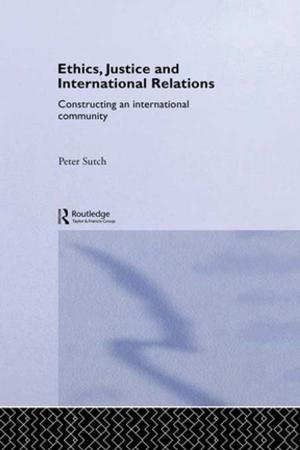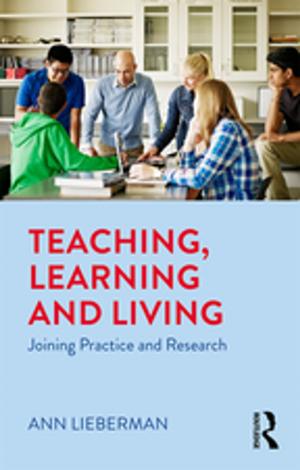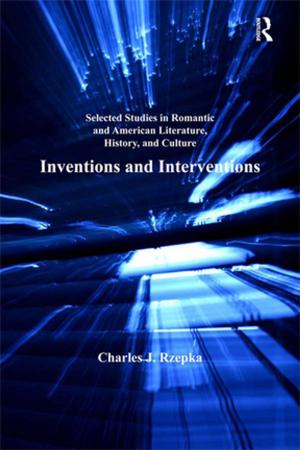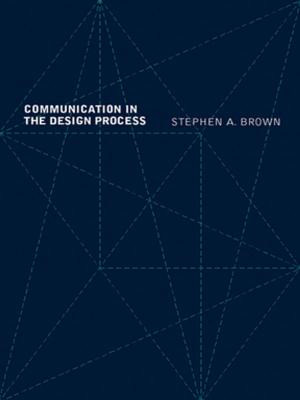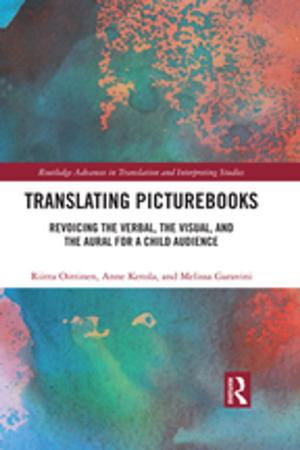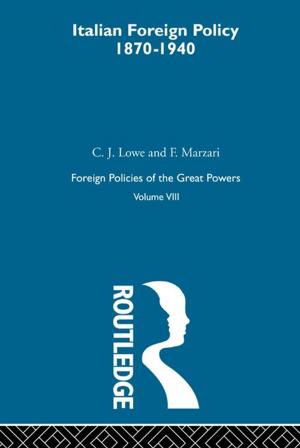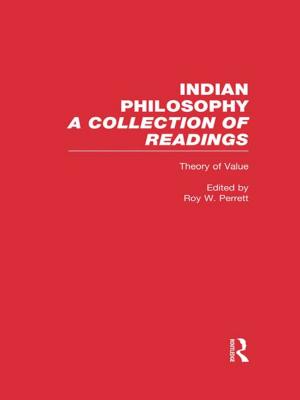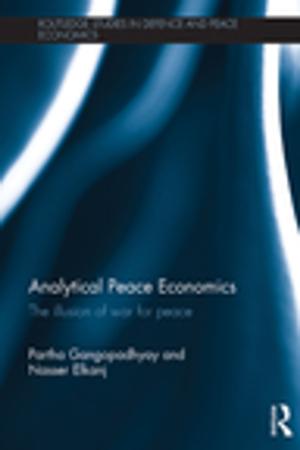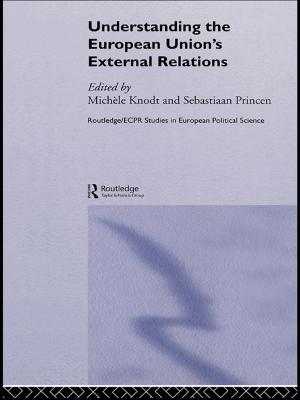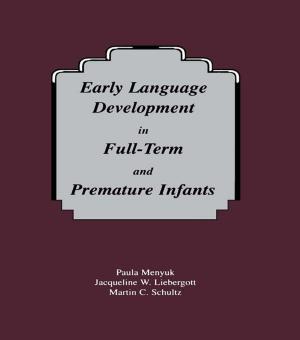| Author: | ISBN: | 9781136176159 | |
| Publisher: | Taylor and Francis | Publication: | September 13, 2013 |
| Imprint: | Routledge | Language: | English |
| Author: | |
| ISBN: | 9781136176159 |
| Publisher: | Taylor and Francis |
| Publication: | September 13, 2013 |
| Imprint: | Routledge |
| Language: | English |
Until relatively recently, adult learning in the UK was largely recognised as being situated mainly within the LEA adult education centre, university extra-mural departments and the WEA. However, this picture has changed. The major change has been a shift from 'education' to 'learning' as the key organising concept. A greater range of settings are now recognised as sites producing learning, and alongside this has grown a debate about the purpose and form of study within adult learning. This has led people to question both the concept of adult learning and the boundaries of its provision.
This book reviews and assesses the changes which are taking place. It explores the disputes surrounding adult learning, discussing how boundaries have blurred thereby creating new opportunities such as APL and credit transfer, and including a significantly wider range of activities within the definition of learning. It also assesses the extent to which, despite the changes in boundaries, inequalities in learning opportunities still persist.
Until relatively recently, adult learning in the UK was largely recognised as being situated mainly within the LEA adult education centre, university extra-mural departments and the WEA. However, this picture has changed. The major change has been a shift from 'education' to 'learning' as the key organising concept. A greater range of settings are now recognised as sites producing learning, and alongside this has grown a debate about the purpose and form of study within adult learning. This has led people to question both the concept of adult learning and the boundaries of its provision.
This book reviews and assesses the changes which are taking place. It explores the disputes surrounding adult learning, discussing how boundaries have blurred thereby creating new opportunities such as APL and credit transfer, and including a significantly wider range of activities within the definition of learning. It also assesses the extent to which, despite the changes in boundaries, inequalities in learning opportunities still persist.

